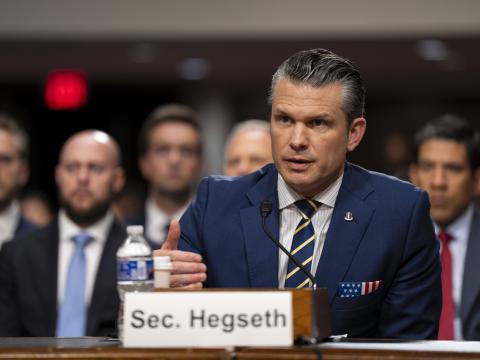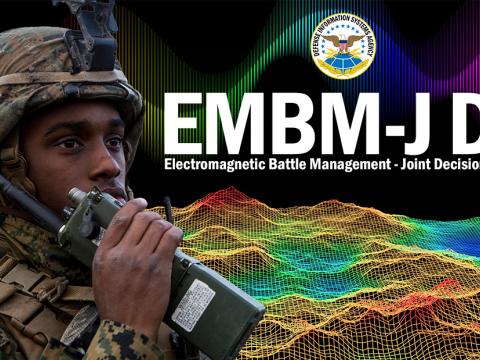Vigilance and Resilience Key to Fight Terrorism Effects
The Honorable Charles E. Allen, former undersecretary for intelligence and analysis, U.S. Department of Homeland Security (DHS), stated that terrorism in the second decade of this century continues, but those groups that organized attacks are a shadow of their former selves. Allen, the initial Thursday speaker at AFCEA International's Homeland Security Conference warned, "We cannot declare victory."
The Honorable Charles E. Allen, former undersecretary for intelligence and analysis, U.S. Department of Homeland Security (DHS), stated that terrorism in the second decade of this century continues, but those groups that organized attacks are a shadow of their former selves. Allen, the initial Thursday speaker at AFCEA International's Homeland Security Conference warned, "We cannot declare victory," and he added that the United States must learn to be more resilient when attacks occur.
"We need to get tough. We are going to be attacked again. President Obama said that we could absorb another attack, but he was politically pummeled for it. But whether you are a Republican or Democrat, you have to know that we have to be resilient as a nation, and we aren't there yet," Allen said.
Allen described the time since 9/11 as one that included a slow but steady chipping away at al-Qaeda leadership. It is now a "hollowed out" organization, and while attacks continue overseas, those planned for U.S. sites have been thwarted time and time again, he said. Despite these successes, terrorist networks are still dangerous, and the U.S. must still worry, he stated. Al-Qaeda-Iraq, or AQI, seems to be reinventing itself, Allen related. One of the most dangerous groups is the al-Qaeda in the Islamic Maghreb, which developed in North Africa. This umbrella organization that operates in Mali and Algeria appears to be focused on attacking the apostate governments but not yet focused on attacking Western Europe even though cells and sympathizers exist there, Allen shared. The ability of terrorist organizations to recruit remains strong because their communication capability is the Internet. But Allen said that al-Qaeda does not need to actively seek new members, because disgruntled citizens in many nations are coming to them. These people are vetted and then trained. "It [al-Qaeda] is taking advantage of young men who have been influenced from an early age by what they read on the Internet," he explained. The U.S. should expect attacks to continue-particularly to the physical infrastructure where massive casualties are the goal. "In other wars, we had an end; not in this one," Allen stated.




Comments